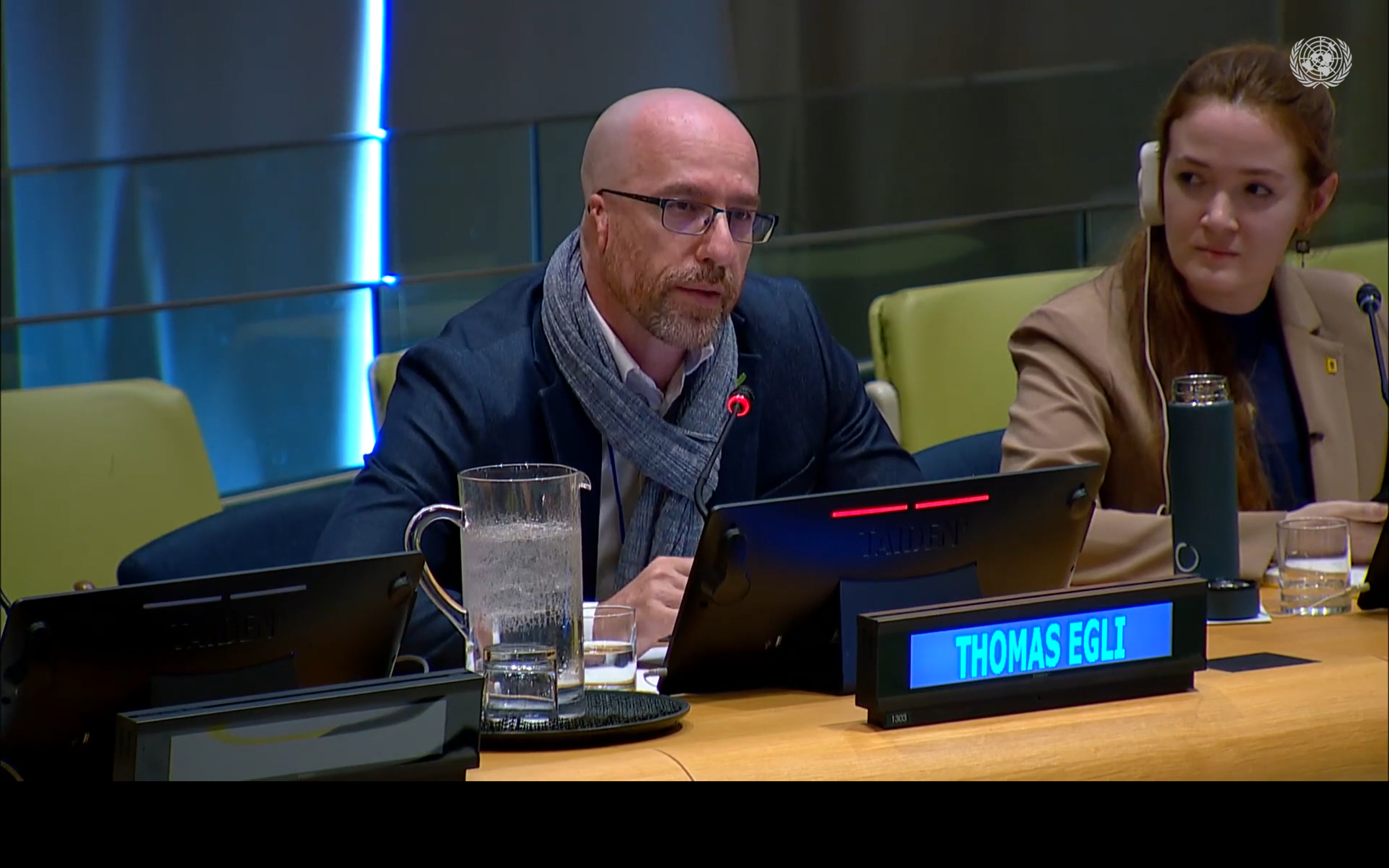The power of the collective: participatory science and ecological democracy
An Ongoing Evolution
In a rapidly changing world, participatory science, which emerged from 1992 to 2005 before experiencing a significant expansion, is proving to be a powerful lever to reconnect human societies with Nature, while transforming our relationship to knowledge, action, and governance. By placing citizens at the heart of data production, analysis, and solution-building, it gives new meaning to science and strengthens the capacity for collective action.
Citizens as Knowledge Actors
Participatory science is based on a simple yet transformative principle: involving citizens in all stages of scientific research. This ranges from field observation (such as bird monitoring, pollinating insects, or water quality) to co-constructing protocols, analyzing data, formulating hypotheses, and disseminating results—including in both fundamental and applied research across hard sciences, engineering, and social sciences.
Naturally, this is done with and by scientists, and all these stages comply with the necessary frameworks to ensure the proper conduct of such research.
This involvement produces a cumulative capacity effect:
![]() Scientific literacy: citizens access scientific concepts through practice.
Scientific literacy: citizens access scientific concepts through practice.
![]() Discernment ability: by learning to read data, compare, and engage in debate.
Discernment ability: by learning to read data, compare, and engage in debate.
![]() Methodology: participants gain rigor, critical thinking, and investigative logic.
Methodology: participants gain rigor, critical thinking, and investigative logic.
![]() Collective soft skills: cooperation, responsibility, active listening, and local engagement.
Collective soft skills: cooperation, responsibility, active listening, and local engagement.
Thus, participatory science also serves as a school for ecological citizenship.
On this topic, we were invited to speak at the request of the President of the UN General Assembly in 2019, on the theme of Participatory Science advancing the Rights of Nature.
New Research Subjects Serving the Commons
Because it is rooted in local contexts and initiated by concrete questions, participatory science broadens the scope of explored topics:
![]() Local environment (pollution, biodiversity, soil health, climate effects)
Local environment (pollution, biodiversity, soil health, climate effects)
![]() Ecological or health-related risks
Ecological or health-related risks
![]() Cultural practices, intergenerational knowledge transfer
Cultural practices, intergenerational knowledge transfer
![]() Shared resources (water, forests, coastal areas)
Shared resources (water, forests, coastal areas)
This diversification reconnects science with the real needs of communities, while creating useful data for institutional researchers, local authorities, and NGOs.
Well-structured participatory science programs thus become tools supporting public policies, particularly in the areas of biodiversity, environmental health, land-use planning, and climate resilience.
They also offer a concrete lever for implementing the Rights of Nature (via citizen observatories, early warnings, or evidence gathering), and for achieving the Sustainable Development Goals (SDGs), especially SDGs 13, 14, 15, and 16.
An Ecological Democracy in the Making
Participatory science is not merely an awareness-raising tool: it transforms the relationship between science, citizenship, and power.
![]() Toward distributed expertise: the lines between experts and laypeople are blurring.
Toward distributed expertise: the lines between experts and laypeople are blurring.
![]() Toward co-productive governance: citizens become partners with decision-makers.
Toward co-productive governance: citizens become partners with decision-makers.
![]() Toward shared knowledge of living systems: Nature becomes the subject of collective observation, in a non-anthropocentric approach.
Toward shared knowledge of living systems: Nature becomes the subject of collective observation, in a non-anthropocentric approach.
These dynamics contribute to a true ecological democracy, where everyone can participate in the collective intelligence concerning global and local issues.
Researchers, engineers, and scientists in general, who believe they can help citizens develop skills and methods to join them in conducting research, are growing in number each year. Today, countries and major regions have established large federations and collaboration platforms engaging the scientific community and providing a broad toolbox.
Flagship Examples
![]() The Scientific Expeditions by the NGO Objectif Sciences International, designed to be accessible to all, always playful and affordable
The Scientific Expeditions by the NGO Objectif Sciences International, designed to be accessible to all, always playful and affordable
![]() The Pl@ntNet program, where citizens document local flora.
The Pl@ntNet program, where citizens document local flora.
![]() The Vigie-Nature network, led by the Natural History Museum (France).
The Vigie-Nature network, led by the Natural History Museum (France).
![]() Citizen plankton observation groups monitoring ocean health.
Citizen plankton observation groups monitoring ocean health.
![]() The Earth Challenge 2020 project, led by Earth Day Network and the Wilson Center.
The Earth Challenge 2020 project, led by Earth Day Network and the Wilson Center.
Mr. Thomas EGLI’s Interventions on April 22, 2025 in New York

Link to UN Web TV, April 22 session (you can watch in French or English by adjusting the audio)
Suggested Bibliography
![]() Bibliography compiled by the Harmony with Nature Program
Bibliography compiled by the Harmony with Nature Program
![]() Alan Irwin (1995), Citizen Science
Alan Irwin (1995), Citizen Science
![]() Objectif Sciences International (1992, 2000, 2005, 2016, 2018, 2022), Various charters and frameworks on participatory science and participatory research
Objectif Sciences International (1992, 2000, 2005, 2016, 2018, 2022), Various charters and frameworks on participatory science and participatory research
![]() Michel Callon, Pierre Lascoumes, Yannick Barthe (2001), Acting in an Uncertain World
Michel Callon, Pierre Lascoumes, Yannick Barthe (2001), Acting in an Uncertain World
![]() Haklay, M. (2015), Citizen Science and Policy
Haklay, M. (2015), Citizen Science and Policy
![]() Cynthia Selin et al. (2013), Finding futures: A spatiovisual experiment in participatory engagement
Cynthia Selin et al. (2013), Finding futures: A spatiovisual experiment in participatory engagement
